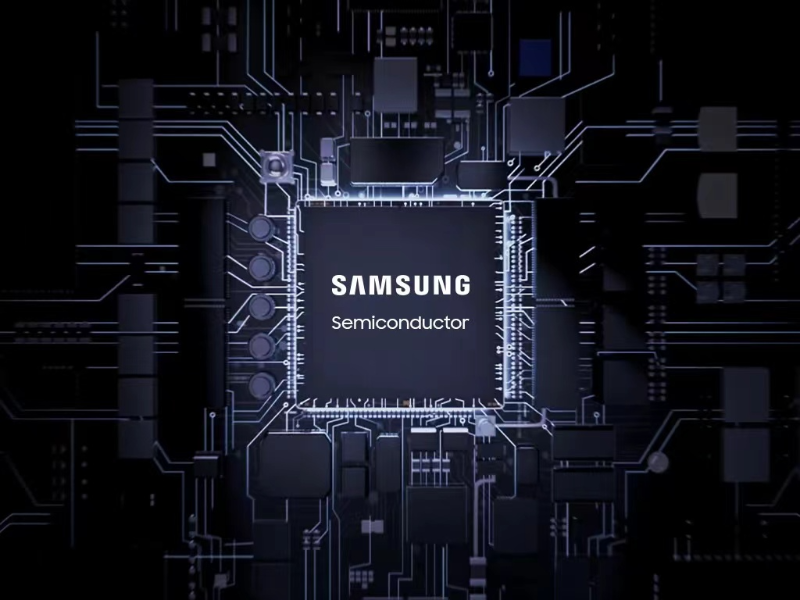- Samsung speeds AI chip production, cutting time by 20%, projects $778B revenue by 2028, and advances GAA technology for efficiency.
- Samsung’s GAA architecture improves chip performance and reduces power use. Plans include 3nm chips in 2024 and 2nm chips by 2027.
OUR TAKE
This approach not only accelerates delivery but also simplifies the process for clients, providing a seamless experience through a single communication channel.
–Alaiya Ding, BTW reporter
Samsung introduces a one-stop shop for AI chip production, reducing time by 20%. Embracing AI growth, they project $778B industry revenue by 2028. Advanced GAA technology boosts chip performance and efficiency.
Samsung’s one-stop shop for AI chips
Samsung Electronics has introduced a one-stop shop approach for AI chip production, integrating their top memory chip, foundry, and packaging teams. This new method cuts production time by 20%, providing faster delivery for clients through a single communication channel.
Also read: Samsung Union stages first-ever strike over pay dispute
Also read: Samsung’s HBM chips failing Nvidia tests: Heat, power issues
Embracing the AI era: Technological innovations and market projections
At a recent event, Samsung’s foundry business president Dr. Choi Siyoung emphasized the transformative impact of generative AI on technology. He projected the global chip industry revenue to hit $778 billion by 2028, with AI chips as a major growth driver.
Cutting-Edge technology: GAA architecture and advanced chipmaking
Samsung highlights its advanced gate all-around (GAA) transistor architecture, which enhances chip performance and reduces power consumption. As competitors like TSMC also develop GAA, Samsung plans to mass-produce its second-generation 3nm chips using GAA in 2024, with a 2nm process slated for 2027.
Opinion
Samsung’s strategic move to streamline AI chip production through a one-stop shop approach is a significant step in addressing the rapidly growing demand for AI technology. By integrating its memory chip, foundry, and packaging teams, Samsung has effectively reduced production time by 20%, which is a notable achievement in an industry where time-to-market can be a critical competitive advantage.

